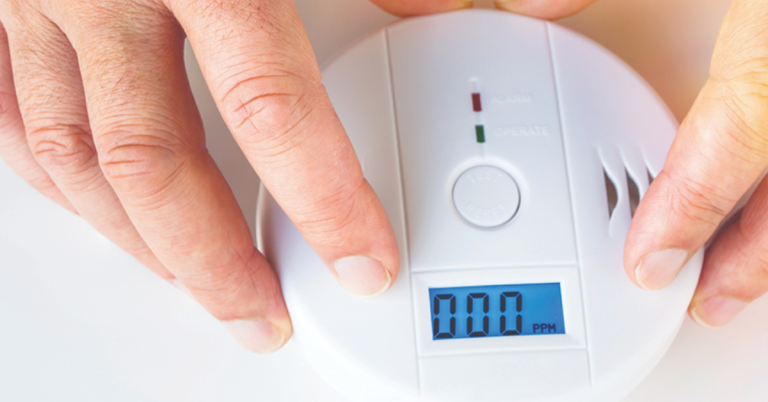Social media platforms like TikTok, Instagram, and X (formerly Twitter) have become a huge part of many people’s daily routines. Whether for entertainment, connection, or staying updated, social media plays a central role in modern life. However, a new study suggests that the more time you spend on these platforms, the more irritable you may feel.
In recent years, there has been a surge in “rage-baiting” — posting content designed to provoke anger and attract reactions. This content, often seen on TikTok, has made influencers millions of dollars. However, the impact of social media goes beyond entertainment. According to a new study published in JAMA Network Open, increased social media use is linked to higher irritability levels.
What the Study Found
The research, led by Dr. Roy Perlis, a professor of psychiatry at Harvard Medical School, explored the relationship between social media usage and irritability. The study surveyed adults 18 years and older about how often they use platforms like Instagram, TikTok, X, and Facebook. The researchers then compared the frequency of social media use with the respondents’ irritability scores, measured through a specific test.
While past studies have pointed to a connection between social media use and issues like anxiety and depression, irritability is an important factor on its own. “Irritability is significant in its own right,” explains Dr. Perlis, “as it can be linked to serious concerns like suicide risk, substance use, and even violent behavior.”
The results were clear. People who spent more time on social media reported feeling significantly more irritable. For instance, those who used social media “most of the day” scored higher on the irritability scale than those who never used it. The study revealed that 78% of participants used social media daily, with 25% of them engaging most of the day. The link between prolonged use and irritability was strongest on TikTok, although it was observed across all platforms.
Social Media’s Role in Heightening Irritability
But what’s driving this irritability? Does using social media make people more irritable, or do irritable people tend to use social media more often? The study doesn’t give a clear answer. “It could be that social media use increases irritability, but it could also be that irritable people are more likely to spend time on these platforms,” Dr. Perlis says.

However, experts like Jean Twenge, a psychologist and author, believe that social media often fuels negative emotions like anger. “Social media tends to externalize emotions, which means it might make people express their frustrations more openly,” Twenge suggests.
Her research has shown that platforms like Instagram, which focus on body image and self-esteem, can lead to depression. On the other hand, TikTok’s content often involves people sharing opinions or giving advice, which could stir up anger or frustration more easily.
Even political content, commonly shared on platforms like X, might contribute to heightened emotions. However, the researchers found that political discourse alone didn’t fully explain the irritability linked to social media use.
Not All Platforms Are Created Equal
Interestingly, the study found that not all social media platforms were equally associated with irritability. While TikTok and X showed the strongest links, Instagram didn’t show as clear a connection. The difference may be due to the type of content each platform promotes. TikTok’s content often consists of people expressing opinions, which might stir up more irritation than the typically more image-focused content found on Instagram.
Even after controlling for political content, the researchers found that the more time people spent on TikTok and X, the more irritable they tended to be. However, it’s important to note that using social media “several” times a day does not have the same negative impact as using it all day long. Moderation seemed to help, with people who used social media less frequently feeling less irritable.
How to Improve Your Social Media Experience
If you’re feeling more irritable after a day spent scrolling through social media, you’re not alone. The key to improving your social media experience lies in moderation. Experts suggest that reducing your social media use is likely the best way to curb feelings of irritability. Dr. Perlis points out, “Just like with any habit, moderation is key.”
While cutting back can be tough, some strategies might help. For example, Twenge suggests taking breaks from social media to focus on other activities. “If you find yourself on social media most of the day, ask yourself what you’re not doing instead,” she advises. “You might be missing out on sleep, face-to-face interactions, outdoor activities, or exercise.”
It’s also essential to consider how social media affects your relationships. “Social media doesn’t just affect you as an individual; it impacts the people around you,” says Twenge. “When you’re irritated, it can affect your interactions with others, even those you care about.”
The Bottom Line
Social media is not going away anytime soon, and it can be a great tool for staying connected. However, overindulgence can lead to irritability and other negative emotional responses. By moderating use and being mindful of the content you engage with, you can help reduce the negative impacts of social media on your mental health.
Disclaimer: This article has been meticulously fact-checked by our team to ensure accuracy and uphold transparency. We strive to deliver trustworthy and dependable content to our readers.







Leave a Comment